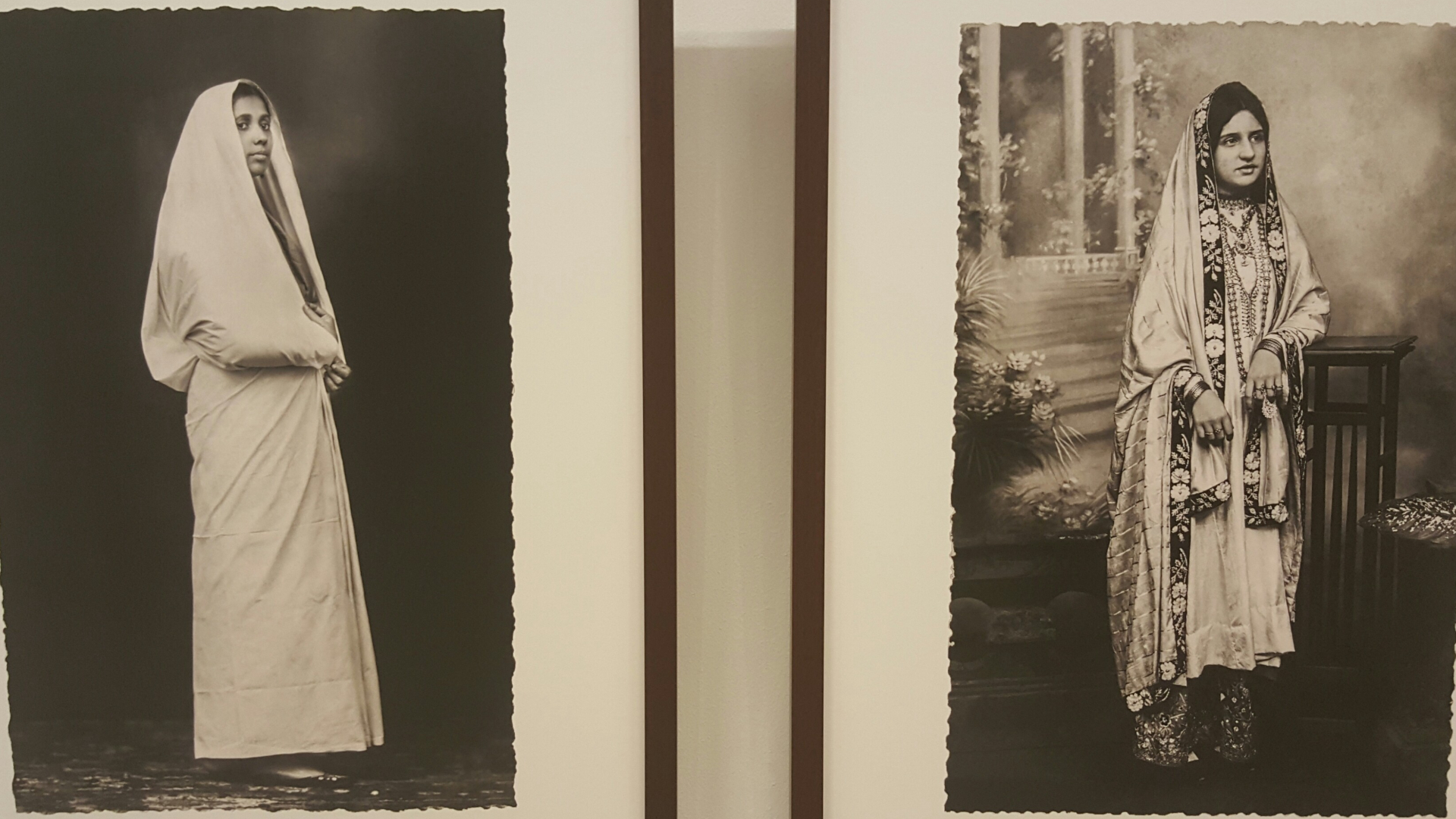The Islamic world encompasses nations, societies and cultures throughout nearly every part of the globe. The Mohsin & Fazia Jaffer Center for Muslim World Studies at FIU 's Steven J. Green School of International & Public Affairs examines the diversity of these dimensions, including a community that is studied at few institutions: the Khōjā community.
Since 2015, the school has engaged in Khōjā Studies through a variety of scholarly, research and outreach activities. FIU is among the world's leading institutions engaged in the field, as evidenced by its sponsoring in May of the Third Khōjā Studies Conference, an event that brought to campus 25 scholars from throughout the world. The school has been one of the three sponsors of the event since it began in 2016.
“The Khōjā represent an older form of Islam that is pluralistic, they are comfortable with their pre-Islamic past and present,” said Dr. Iqbal Akhtar , associate professor of Religious Studies and Politics & International Relations, who heads Khoja Studies and is also director of the Jain Studies Program. “They represent the Islamic vanguard of globalization and Diaspora identity.”
The Khōjā originated as an Indian Muslim community from the Sindh and Punjab regions, who converted from Hinduism in the 14th century. A largely merchant caste, they facilitated trade and cultural exchange between Asia, the Middle East and East Africa, and migrated to those areas as well as Europe, North America and other lands. Like many Diasporic communities, they experienced religious and social transformations as result of migrations and have made an enduring impact in places where they reside.
FIU has been engaged in the study of the Khōjā and contemporary Khōjā communities through research, funding of graduate students interested in studying Khōjā traditions, preservation and digitization of Khōjā texts, lectures on the Khōjā experience and study abroad trips to Khōjā communities.
Dr. Akhtar said they aim to expand the scope Khōjā Studies to become an interdisciplinary field of study connecting multiple areas to probe historical questions of aesthetics, authority, identity, and the circulation of ideas.
“We want to preserve the remarkable journeys of individuals, for instance the migration from East Africa to the West and understand that impact of movement on the construction of identity,” he said. “The history and experience of the Khōjā people is diverse and has much to offer the academic study of religion through their search for a communitarian modern Islamic identity.”
